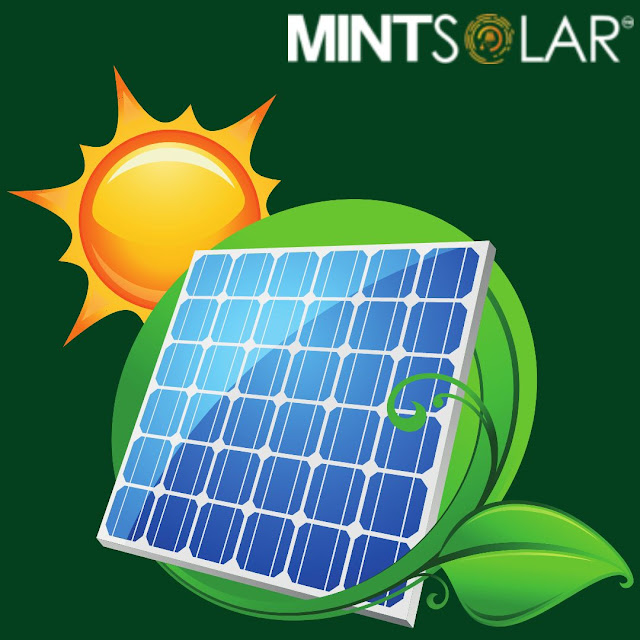Here's the best solar system on grid for your home
With so many solar system on grid to choose from, it can be hard to find the one that will best suit your home. In this article, we'll teach you about all the considerations you should make when choosing your system, plus how to find ones that will work for you.
How does a solar system work?
A solar system for your home can be a great way to save on your energy bill, and it’s not as complicated as you might think. Here’s a quick overview of how solar works:
Solar panels are installed on your roof and collect sunlight during the day. This sunlight is then converted into electricity, which is used to power your home. Any excess electricity that your home doesn’t use is sent back to the power grid.
You may have heard of net metering, which is a system that allows you to get credit for the excess electricity that your solar panels produce. This can help offset the cost of your solar system over time.
Now that you know how solar works, you can start shopping for the best solar system on grid for your home. There are a few things to keep in mind, such as the size of your roof and the amount of sunlight it gets. You’ll also want to consider the cost of installation and maintenance.
The best solar system on grid for your home is one that fits your budget and meets your energy needs. With a little research, you can find the perfect system for you and start saving money on your energy bill right away.
Solar panel types
There are two main types of solar panels: crystalline silicon and thin-film.
Crystalline silicon panels are made of silicon, one of Earth’s most abundant materials. They’re also the most efficient type of solar panel, meaning they can convert more sunlight into electricity.
Thin-film panels are made of a semiconductor material, typically cadmium telluride or amorphous silicon. They’re less efficient than crystalline silicon panels, but they’re cheaper to produce.
Solar batteries
Solar batteries are becoming increasingly popular as a way to store energy generated by solar panels. Solar batteries can provide backup power during outages, help you save money on your electric bill, and even allow you to sell electricity back to the grid.
There are a few things to consider when choosing a solar battery, such as capacity, depth of discharge, round-trip efficiency, and warranty. Capacity is the amount of electricity that the battery can store, and is measured in kilowatt-hours (kWh). Depth of discharge is the percentage of capacity that can be used before the battery needs to be recharged, and is typically around 80%. Round-trip efficiency is the amount of energy that can be retrieved from the battery compared to the amount of energy required to charge it, and is typically around 70-80%. Warranties vary by manufacturer, but most solar batteries come with a 10-year warranty.
When selecting a solar battery, it's important to choose one that is compatible with your existing solar system and meets your needs. For example, if you live in an area with frequent power outages, you'll want a battery with a high capacity and depth of discharge. If you're looking to save money on your
Types of inverters
There are three main types of solar inverters: string inverters, central inverters, and microinverters.
String Inverters: String inverters are the most common type of solar inverter. They are typically used in residential and small commercial PV systems. String inverters work by converting DC power from the PV panels into AC power that can be used by your home or business.
Central Inverters: Central inverters are larger than string inverters and are typically used in utility-scale PV power plants. Central inverters convert DC power from the PV panels into AC power that is then fed into the electrical grid.
Microinverters: Microinverters are small, single-panel solar inverters. They are typically used in residential PV systems. Microinverters work by converting DC power from a single PV panel into AC power that can be used by your home or business.
Conclusion
There you have it — the best solar system on grid for your home, complete with all the information you need to make an informed decision. We hope this guide has been helpful in providing you with some clarity on the topic so that you can go out and purchase the best solar system for your needs. As always, if you have any questions or need further assistance, please don't hesitate to reach out to us. We're always happy to help!
In my opinion Mint Solar SPL is the one of the best solar system on grid for your home and office.



Comments
Post a Comment